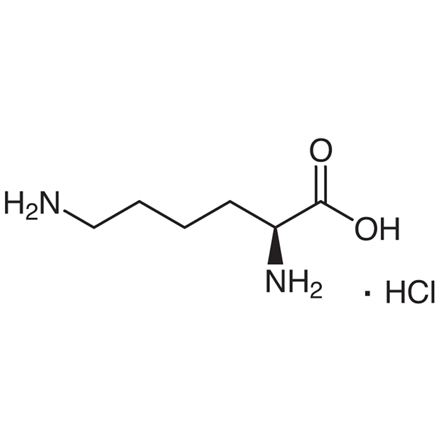Our L-lysine feed grade is a high-quality amino acid supplement used in animal feed formulations to meet the dietary requirements of livestock, poultry, and aquaculture species. L-lysine is an essential amino acid, meaning that animals must obtain it from their diet since their bodies cannot synthesize it in sufficient quantities.
Here are some key points about L-lysine feed grade:
- Nutritional Importance:
- L-lysine is essential for protein synthesis and various metabolic functions in animals.
- It plays a crucial role in growth, muscle development, immune function, and overall health.
- Livestock, poultry, and aquaculture species have specific dietary requirements for L-lysine, and supplementation is necessary to ensure optimal growth and performance.
- Feed Formulation:
- L-lysine feed grade is typically added to animal feeds to boost the lysine content and balance the amino acid profile.
- It is commonly used in conjunction with other amino acids and protein sources to formulate complete and balanced diets for different species and production stages.
- By supplementing with L-lysine, feed formulators can optimize the use of protein sources and minimize the inclusion of expensive protein-rich ingredients like fish meal or soybean meal.
- Sources and Production:
- L-lysine feed grade is produced through fermentation using specialized strains of bacteria, such as Corynebacterium glutamicum.
- The fermentation process involves fermenting carbohydrate substrates, such as molasses or glucose, with the bacteria to produce L-lysine.
- The resulting L-lysine product is then purified, dried, and packaged for use in animal feeds.
- Benefits:
- Improves feed efficiency: L-lysine supplementation allows animals to more efficiently utilize dietary protein for growth and development, reducing the need for expensive protein sources.
- Supports growth and performance: By providing the essential amino acid L-lysine in adequate amounts, animal producers can promote optimal growth rates, muscle development, and overall performance in their livestock, poultry, and aquaculture species.
- Enhances immune function: L-lysine is involved in immune system function and can help animals better resist disease and stress.

